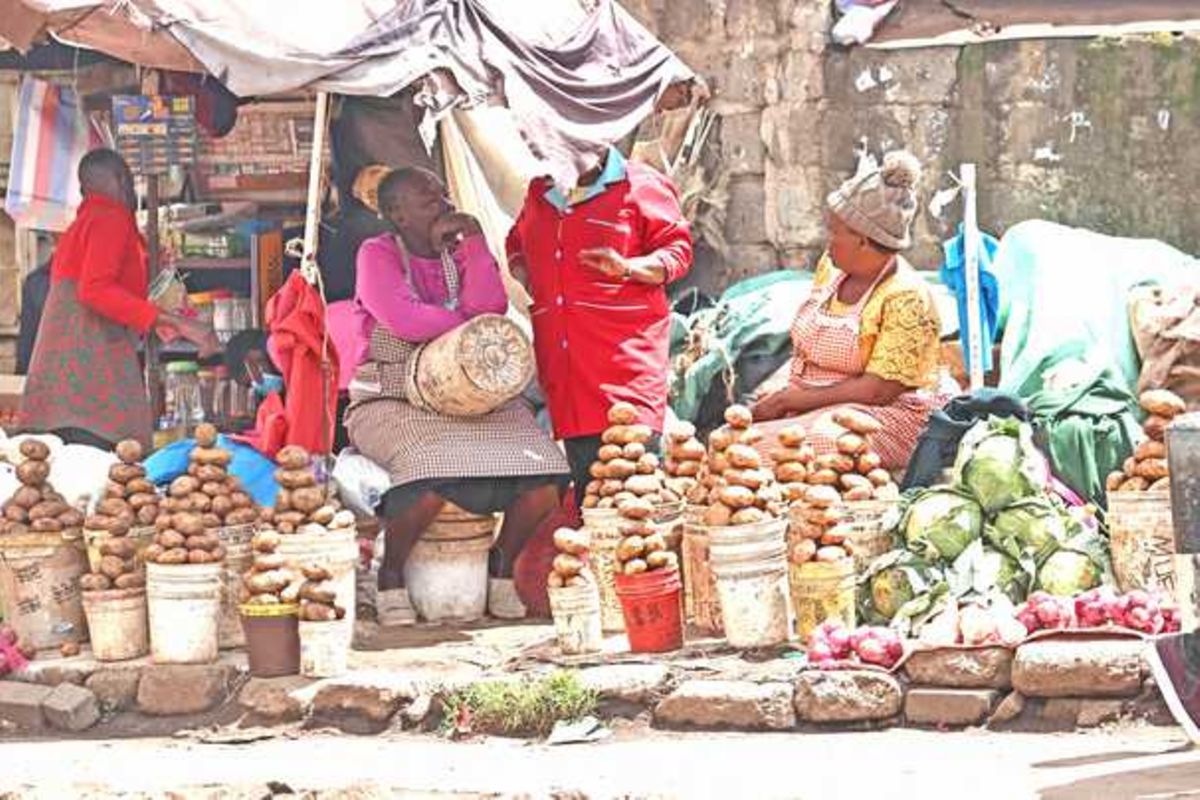wrongturn
Elder Lister

Pain, anguish for hustlers as cost of living soars in Ruto’s first 140 days in power
Contrary to President Ruto promise to bring down coast of living, prices of common commodities have soared.
Households are going through a more difficult time under President William Ruto as prices of essential commodities have shot up in the last five months according to an analysis of official reports and market surveys.
Since September when President Ruto was sworn-in, prices of basic commodities, including food, fuel and energy have risen, piling pressure on the Kenya Kwanza government to tame the runaway cost of living.
Facing the economic realities of harsh weather patterns, disrupted global supply chains, budgetary constraints, and a depreciating shilling and rising debt service costs, President Ruto has revised the time frames within which he had promised to lower the cost of living for Kenyans.
A Nation analysis of prices for key commodities shows that food prices increased by up to 42 per cent between September and January. A market spot check last week revealed that Irish potatoes have witnessed the highest rise in prices, with a kilo selling at an average of Sh114.5 in leading supermarkets, up from an average of Sh80.69 in September, as per Kenya National Bureau of Statistics (KNBS) data. This means that the price has increased by 41.9 per cent.
Food prices
A kilo of potatoes sold at an average of Sh90.78 in October, then rose to an average of Sh97.07 in November, according to the KNBS data. Sukuma wiki, one of the most consumed foods alongside ugali, also witnessed an increase in prices by 10.5 per cent, with a kilo being sold at Sh57.93 in September and now selling at about Sh64. The staple’s price has been increasing through the months as analysed by KNBS market data and had reached Sh61.9 for a kilo by November.
The prices of maize flour, the Kenyan households’ ultimate staple, have risen by 4.2 per cent since September. A 2kg packet is selling at an average of Sh188.4 according to an analysis of prices of more than five brands in different retail shops.
The commodity’s price recorded a slight drop in October to sell at an average of Sh177.66 from Sh180.8 in September, before rising again to Sh177.78 and further to Sh184.65 in December, according to KNBS data. The average price by last week was Sh7.6 higher than in September.
Treasury Cabinet Secretary Njuguna Ndung’u recently painted a grim picture for the economy this year, with the Russia-Ukraine war and other factors expected to cause more pain to households economically.
Only cooking oil has witnessed a continued fall in prices since September, falling by 12.8 per cent (Sh48.88) per litre from an average of Sh379.84 in September to Sh330.96 in December. A spot check last week, however, showed the product sold at an average of Sh396.15 per litre.
Electricity, used by consumers for domestic purposes and companies for production, has also been struck by high prices after President Ruto eliminated a subsidy that had cushioned consumers from variable charges, witnessing a 27.7 per cent rise in prices between August and December for the low consumers.
The reintroduction of mobile banking charges will also increase the cost of transactions after a lengthy waiver.
President Ruto has stayed his course on the move against the subsidies, saying that while his actions may bite at the moment, they are intended to bear fruits in the long run.
While the move may have relieved the government of the burden of spending more cushioning consumers, the pain has been transferred to households, which now have to spend more on food, electricity, transport and other household items.
